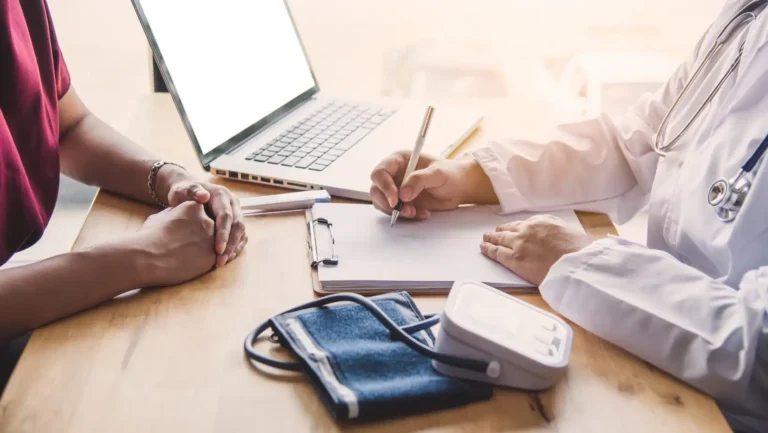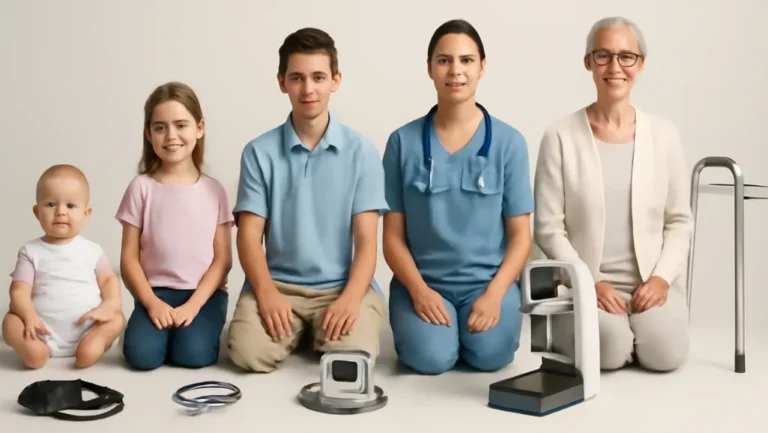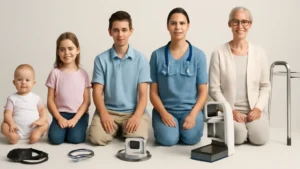The recent emergence of Monkeypox Virus Infection has raised global concerns, including in India. As a zoonotic disease, monkeypox can be transmitted from animals to humans, and it also spreads through human-to-human contact. Understanding how this virus is transmitted, its causes, and effective prevention methods are crucial in staying safe. In this article, we will explore these topics and provide you with practical tips to protect yourself and your loved ones from Monkeypox Virus Infection.
What is Monkeypox Virus Infection?
Monkeypox is a rare viral disease caused by the monkeypox virus, which belongs to the Orthopoxvirus genus, the same group of viruses that causes smallpox. While monkeypox is less severe than smallpox, it can still lead to significant health issues, particularly in people with weakened immune systems. The first known cases of monkeypox were identified in 1958 when outbreaks occurred in monkeys kept for research. However, the first human case was recorded in 1970 in the Democratic Republic of Congo.
How is Monkeypox Transmitted?
Understanding how Monkeypox Virus Infection is transmitted is key to preventing its spread. The virus can be transmitted in several ways:
- Animal-to-Human Transmission: The most common way monkeypox spreads is through direct contact with infected animals. This can happen when a person handles animals that are infected, such as rodents or primates, or when they are exposed to the bodily fluids, lesions, or respiratory secretions of an infected animal. Eating undercooked meat from an infected animal can also lead to infection.
- Human-to-Human Transmission: Monkeypox can also spread from one person to another. This typically occurs through close contact with the respiratory droplets, skin lesions, or bodily fluids of an infected person. For example, family members or healthcare workers caring for an infected individual may be at higher risk of contracting the virus. Transmission can also occur through contact with contaminated materials, such as bedding or clothing.
- Contaminated Objects: The virus can survive on surfaces, and touching objects that have been contaminated by an infected person or animal can lead to infection. This makes hygiene practices like washing hands and disinfecting surfaces important in preventing the spread of the virus.
What is the Cause of Monkeypox?
The cause of monkeypox is the monkeypox virus, which is closely related to the viruses that cause smallpox and cowpox. The virus is endemic in certain parts of Central and West Africa, where it primarily circulates among wild animals like rodents and primates. However, it can occasionally spill over into human populations, leading to outbreaks.
How Do You Contract Monkeypox?
You can contract Monkeypox Virus Infection through several routes:
- Direct Contact: As mentioned, direct contact with the bodily fluids, skin lesions, or respiratory droplets of an infected person or animal is a common way to contract the virus.
- Indirect Contact: Touching objects or surfaces contaminated by the virus, such as clothing, bedding, or towels used by an infected person, can also lead to infection.
- Respiratory Droplets: The virus can spread through respiratory droplets during prolonged face-to-face contact. This is particularly a concern in settings where close contact is unavoidable, such as within households or healthcare facilities.
- Zoonotic Transmission: Handling or consuming undercooked meat from infected animals is another way to contract monkeypox.
It’s important to note that the virus does not spread as easily as other infectious diseases like COVID-19, but close contact with an infected person or animal increases the risk of transmission.
Symptoms of Monkeypox Virus Infection

The symptoms of Monkeypox Virus Infection typically appear 6 to 13 days after exposure but can take up to 21 days to manifest. The infection usually begins with a set of non-specific symptoms, which are then followed by more distinct signs of the virus. Here’s what to watch for:
Early Symptoms:
- Fever: A sudden onset of fever is one of the first signs of monkeypox.
- Headache: Severe headaches often accompany the fever.
- Muscle Aches: Muscle pain and backache are common early symptoms.
- Fatigue: A general feeling of tiredness and weakness may set in.
- Swollen Lymph Nodes: Swelling of the lymph nodes (lymphadenopathy) is a distinguishing feature of monkeypox and helps differentiate it from smallpox.
Later Symptoms:
- Rash: A rash usually begins on the face and then spreads to other parts of the body. The rash starts as flat red spots, which then become raised bumps filled with clear fluid and eventually turn into pustules.
- Lesions: The rash progresses to form pus-filled lesions, which eventually crust over and fall off.
- Respiratory Symptoms: In some cases, respiratory symptoms such as a sore throat, cough, or nasal congestion may occur.
The severity of the disease can vary, with some individuals experiencing mild symptoms, while others may develop more severe manifestations, especially if they have underlying health conditions or compromised immune systems.
Preventive Measures: How To Stay Safe From Monkeypox
Preventing Monkeypox Virus Infection requires a combination of good hygiene practices, cautious behavior, and awareness of potential risks. Here are some key preventive measures:
1. Practice Good Hygiene
- Handwashing: Wash your hands frequently with soap and water, especially after coming into contact with potentially contaminated objects or surfaces. Use hand sanitizer if soap and water are not available.
- Avoid Touching Face: Avoid touching your face, particularly your eyes, nose, and mouth, to prevent the virus from entering your body.
2. Avoid Close Contact
- With Infected Individuals: Avoid close contact with anyone who is known to have monkeypox or exhibits symptoms like rash or fever.
- With Animals: Refrain from handling wild animals or pets that may be infected, especially in areas where monkeypox is known to be present.
3. Use Protective Equipment
- Personal Protective Equipment (PPE): Healthcare workers and caregivers should use appropriate PPE, including masks, gloves, and gowns, when caring for infected individuals.
- Disinfection: Regularly disinfect surfaces and objects that may have come into contact with the virus, especially in healthcare settings or at home if someone is infected.
4. Safe Food Practices
- Cook Meat Thoroughly: Ensure that any meat from animals is thoroughly cooked before consumption to kill any potential virus.
- Avoid Wild Game: Avoid consuming wild game, especially in regions where monkeypox is common.
5. Stay Informed
- Awareness: Stay informed about the latest news and updates regarding monkeypox outbreaks, especially if you live in or plan to travel to areas where the virus is prevalent.
- Consult Healthcare Providers: If you believe you have been exposed to monkeypox or if you exhibit symptoms, consult a healthcare provider immediately.
What is the Treatment for Monkeypox?
Currently, there is no specific antiviral treatment approved for Monkeypox Virus Infection. However, the disease is generally self-limiting, meaning it can resolve on its own without treatment in many cases. Nevertheless, supportive care and symptom management are essential to help patients recover.
Supportive Treatments:
- Fluid Replacement: Maintaining hydration is crucial, especially if the patient has a fever or is experiencing significant discomfort.
- Pain Relief: Over-the-counter pain relievers like acetaminophen or ibuprofen can help alleviate pain and reduce fever.
- Skin Care: Proper care of the skin lesions is important to prevent secondary bacterial infections. Keep the lesions clean and dry.
Antiviral Medications:
- Antivirals: While there is no specific treatment for monkeypox, antivirals developed for smallpox, such as tecovirimat, may be considered in severe cases, though availability may be limited.
Vaccination:
- Smallpox Vaccine: The smallpox vaccine may offer some protection against monkeypox due to the similarity between the viruses. In some cases, healthcare providers might recommend vaccination for individuals at high risk of exposure.
If you are seeking more detailed information or personalized medical advice, consider visiting Dr Good Deed, where experts provide insights and support on managing various health concerns, including Monkeypox Virus Infection.
Conclusion
Monkeypox Virus Infection, though rare, poses a potential health risk, especially in areas where the virus is prevalent. By understanding how the virus is transmitted, recognizing its symptoms, and following preventive measures, you can protect yourself and your loved ones. If you suspect that you or someone you know may have contracted monkeypox, seeking prompt medical advice is crucial for managing the infection and preventing its spread. Stay informed, stay safe, and take proactive steps to guard against this emerging virus.
















Leave a Comment